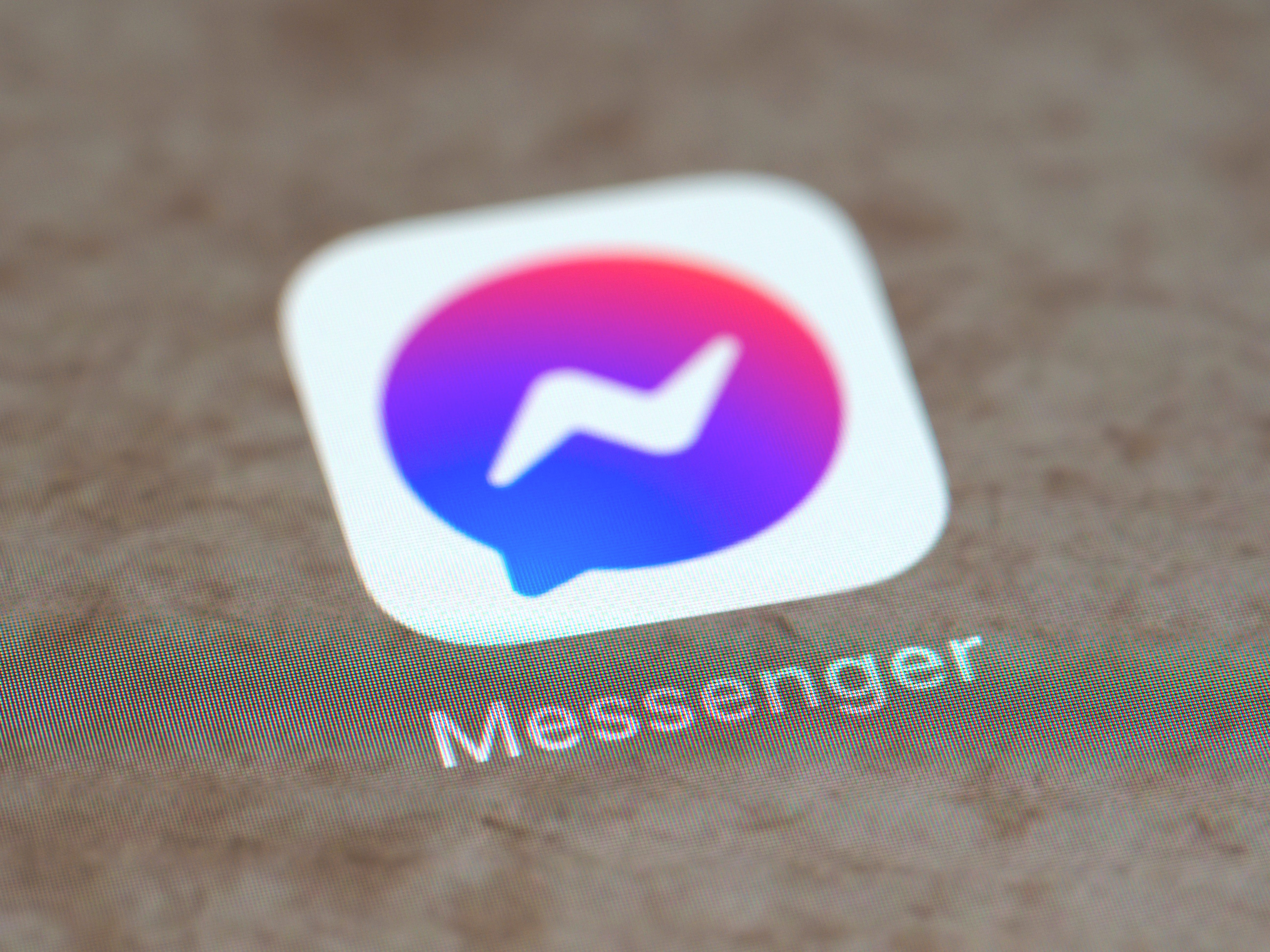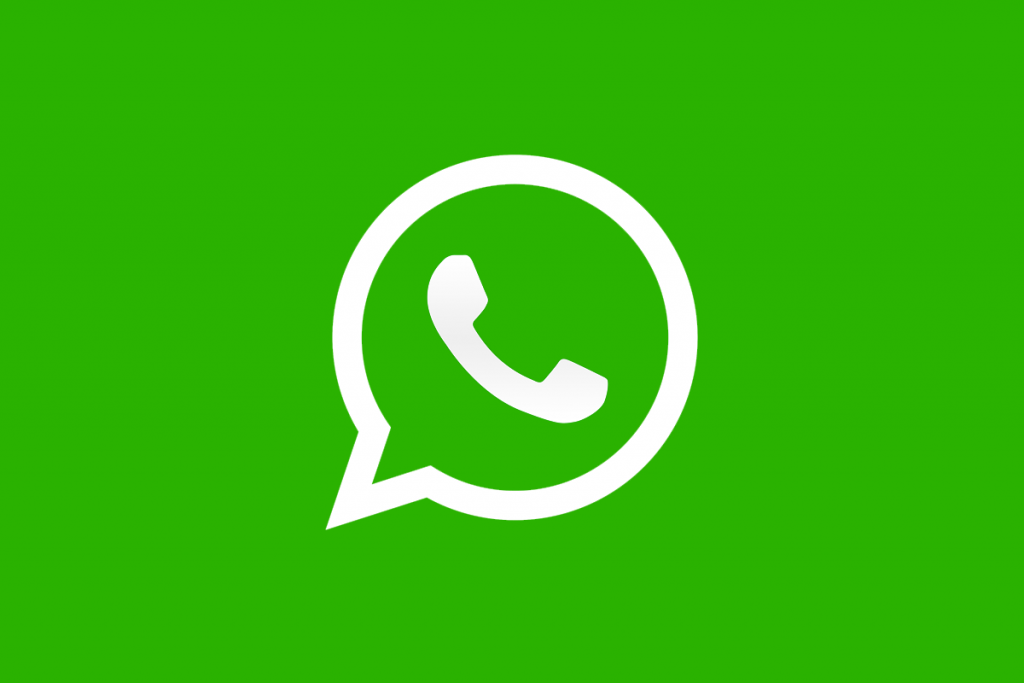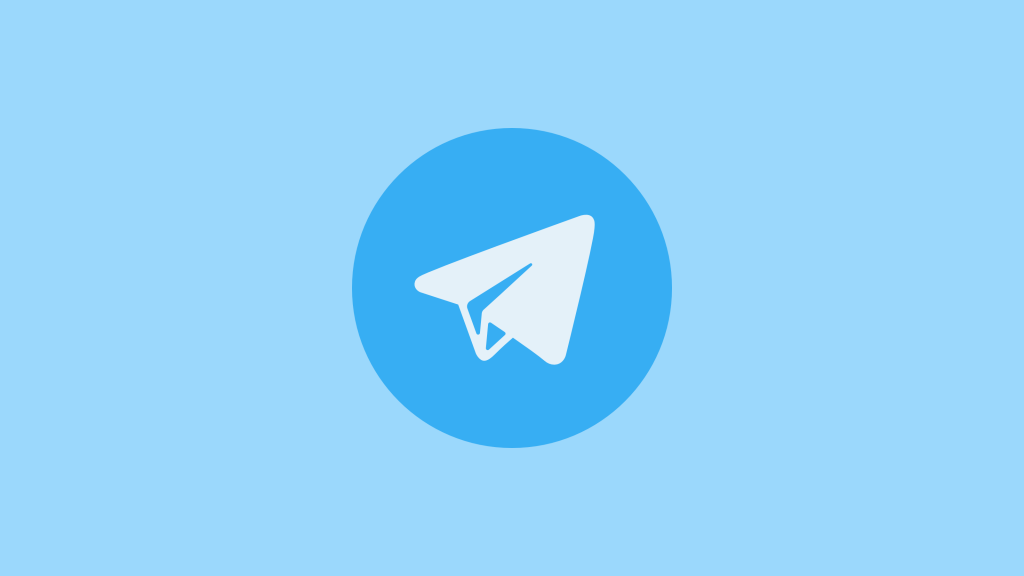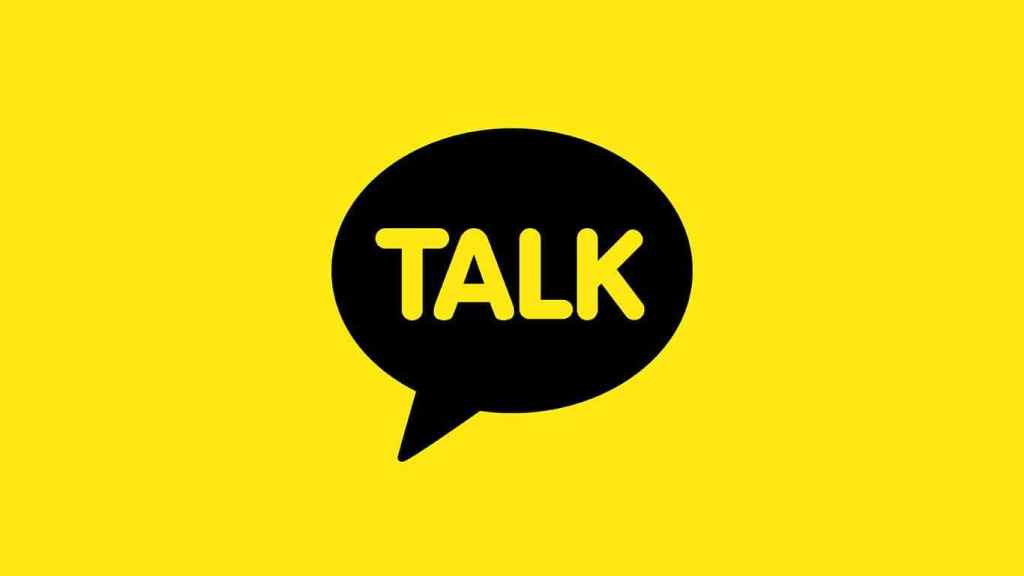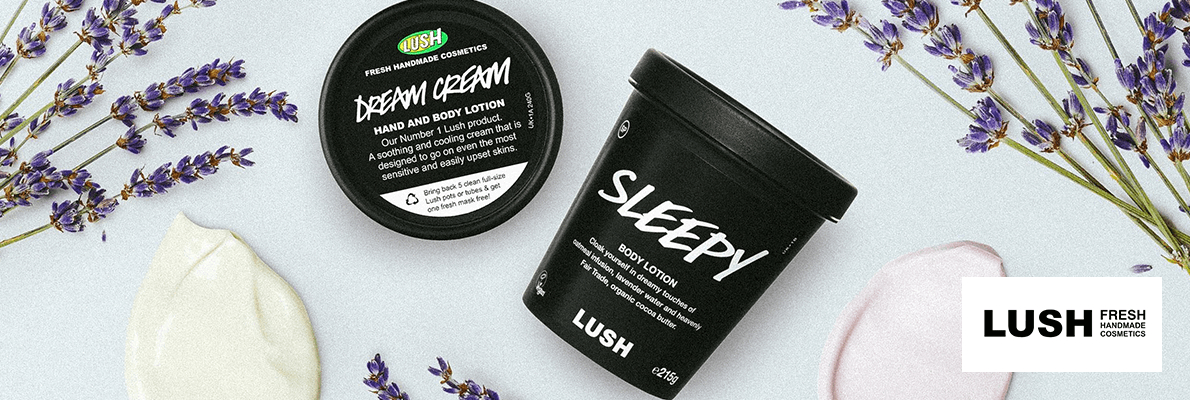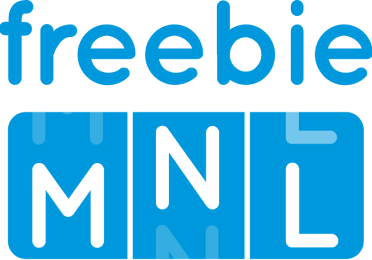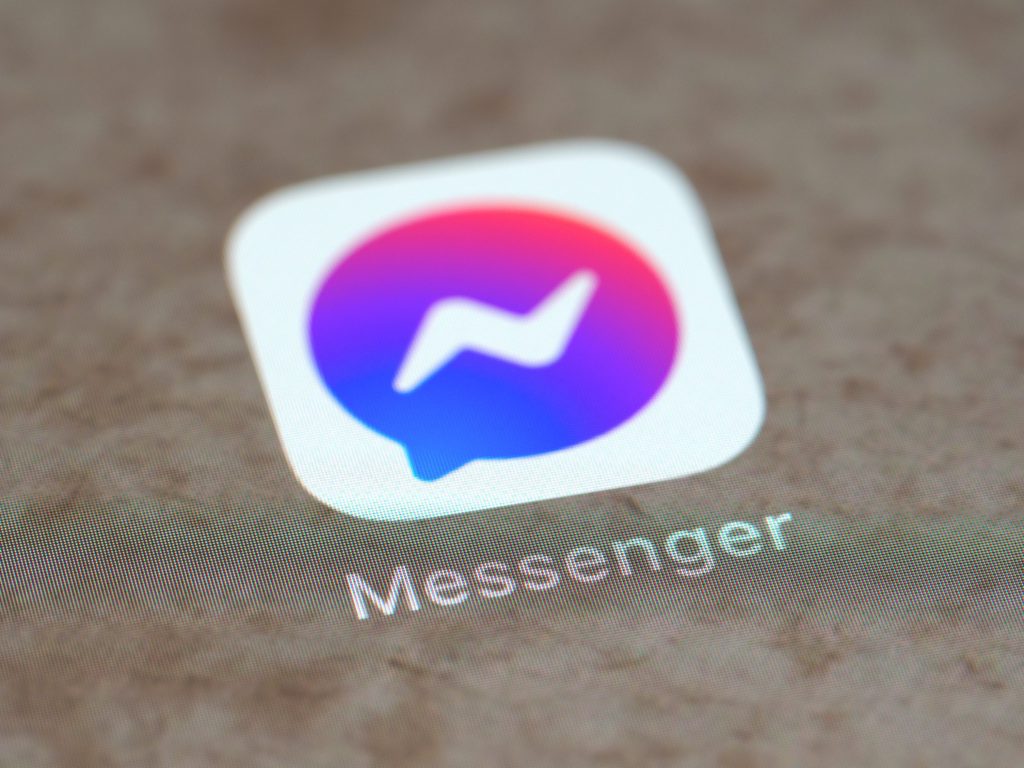
In this era where distance is a growing hindrance, digital communication is everything. Everyone — from the small friend groups, to the digital classrooms, up to the pivoting global industries — is now rethinking how communicating remotely can help foster bonds, ensure learning, optimize efficiency, and improve the world even after the pandemic.
This entails that we put a certain level of trust in the applications that we use to communicate. Just like talking in person, we’d like to keep our digital conversations between ourselves and the other person.
Sadly, that’s something that Facebook Messenger can’t provide as of the moment — and its executives know it.
Following Facebook’s massive data breach this month, cyber-security experts are now advising users against continuing to use Facebook Messenger. Sure, the platform’s great — group chat elements are customizable, and it conveniently connects to your Facebook account — but those are spare changes compared to what you can potentially lose in the long run.
Cyber-security expert Zak Doffman broke down on Forbes all the reasons you should take your online conversations somewhere else. He mainly provides three:
Your messages on Messenger aren’t encrypted
What is “encryption” anyway, and why is it a big deal among the top messaging apps nowadays?
Russian cyber-security provider Kaspersky defines end-to-end encryption as the process of converting data into a code on one device such that only the device to which it is sent can decrypt the code. This way, messages can’t be intercepted nor stored somewhere else besides your and the recipient’s device.
It’s as if you’re mailing a letter to a friend. Your web connection is the mailman carrying a locked box, and no one else can open your letter until it reaches your friend’s mailbox.
Now, Messenger never had this feature despite boasting a 1.3-billion user base, and if that isn’t a cause for concern, we don’t know what is.
Facebook can’t improve the app until 2022
Considering how long people have been using Facebook Messenger, that they’re only pegging to put up end-to-end encryption in 2022, at the earliest, should raise another red flag.
Having spoken to a Facebook spokesperson, Doffman shared on Forbes that “encrypting Messenger has taken significantly longer and it has been much more complex than envisaged.” This is because Facebook treats it as a “big technical project and all of their messaging services won’t be fully end-to-end encrypted until sometime in 2022 at the earliest.”
That Messenger is lagging behind all the top messaging app that has the feature by default puts into perspective why encryption is essential, an idea seconded by WhatsApp head Will Cathcart.
“The lessons of the past five years make it absolutely clear that technology companies and governments must prioritize private and secure communication,” Cathcart said in an opinion piece on Wired. He adds that encryption is what protects us from governments and corporations trying to encroach on our privacy. Who’s telling what could happen between now and 2022?
Your data is in danger until Facebook fixes itself
So, in the meantime, what crucial pieces of information are you misguidedly sharing to Facebook? Doffman puts into a chart what data is shared to the applications residing under Facebook’s umbrella:
WhatsApp Vs Messenger pic.twitter.com/FVogxrrGsN
— Zak Doffman (@UKZak) January 16, 2021
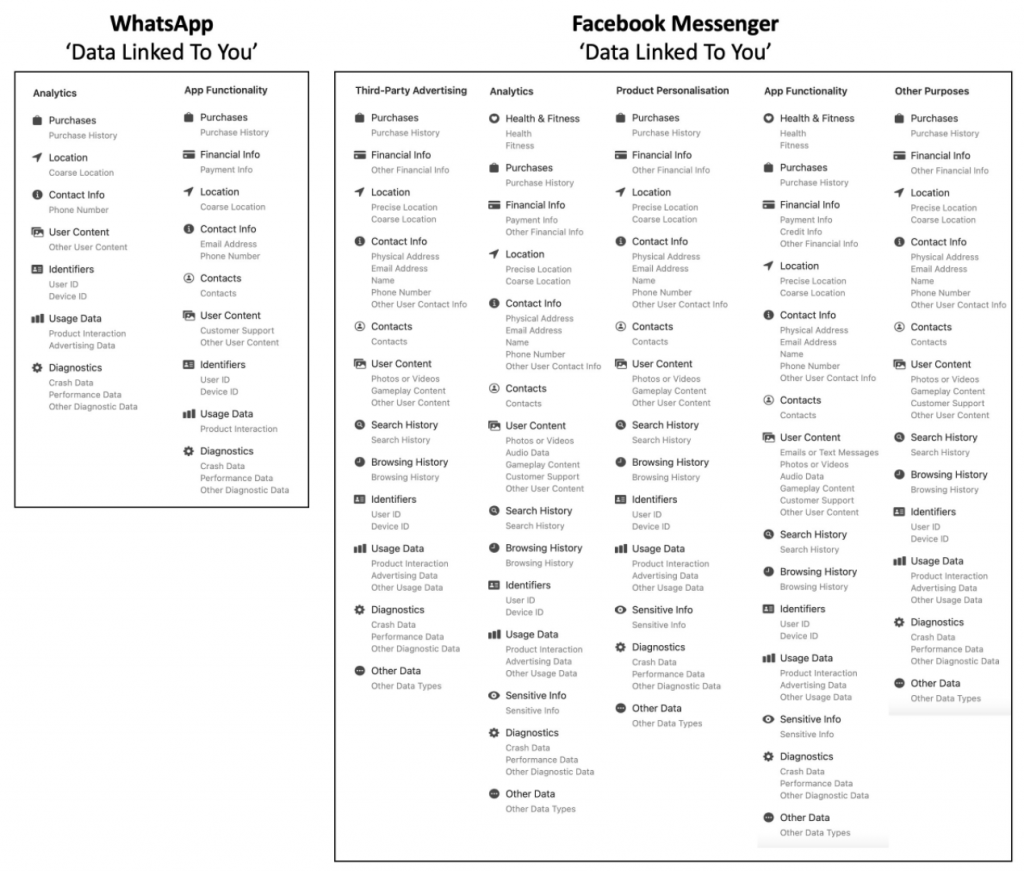
Yep, that’s a butt-load of sensitive data that you pass on to Facebook every time you log into Messenger.
And if Facebook’s recent data leak involving data of 533 million users — and them not telling you — is any indication, it’s that you need to delete Messenger ASAP.
“Facebook has been heavily criticised for playing down the seriousness of this data exposure and for not informing all of those impacted users,” Doffman wrote in Forbes. “The issue wasn’t so much the data exposure this time, but rather the response.”
So what’s the alternative? Luckily, lots, and you’ve probably used them outside Messenger too.
Without leaving Facebook’s yard, there’s WhatsApp, which currently has the most number of users.
Signal, despite being relatively new, at least comes with the feature from the get-go.
Telegram is another great choice, aside from offering device-specific secret chats. Even Viber, LINE, and KakaoTalk offer encrypted messaging.
As Doffman reminds all of us, the best way to keep our information from being used for all the wrong reasons is to avoid giving them away in the first place.
